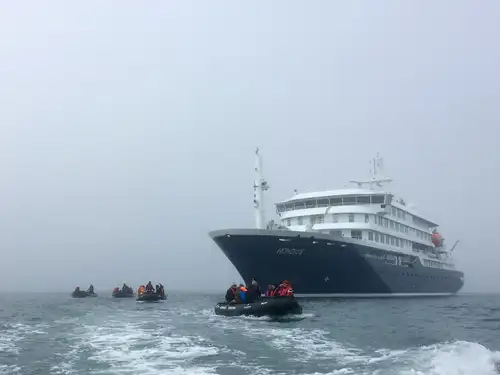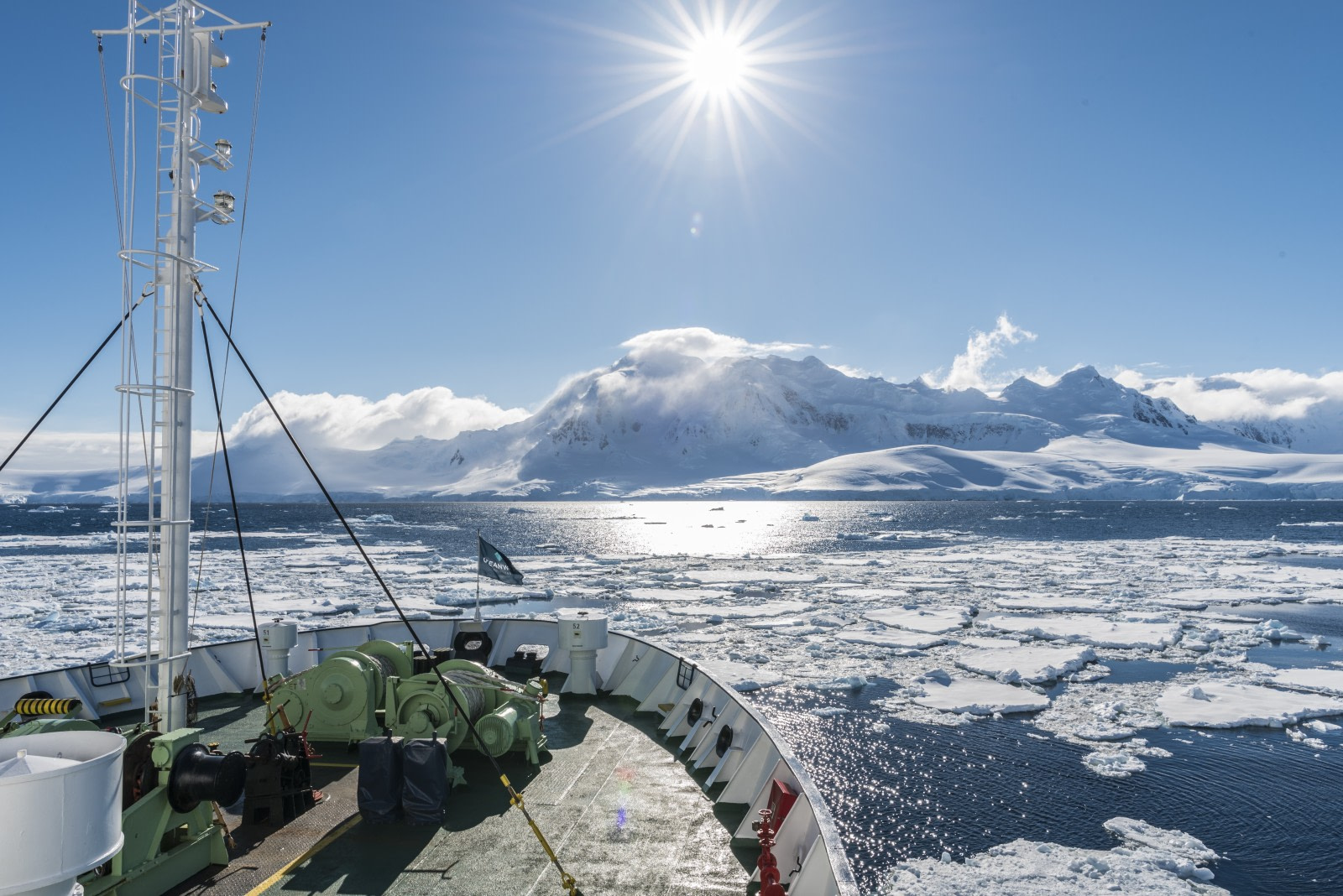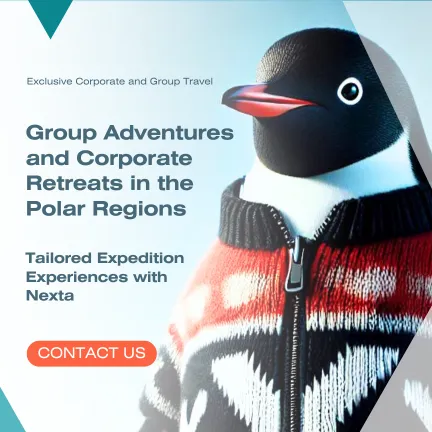Traveling is often done with family, friends, or romantic partners. However, the benefits of solo travel, especially in polar regions, deserve more attention.
The Arctic and Antarctica are not typical holiday spots. They aren't cultural trips or party vacations, despite what the polar bears might say. Instead, polar travel is about exploring breathtaking landscapes, observing unique wildlife, and engaging in thrilling outdoor activities. Sometimes, the meditative nature of these experiences is best enjoyed alone.
Here we’ll explore a few benefits of visiting the Arctic and Antarctica as a single traveler, ending with a quick FAQ in case you’re considering such a voyage.
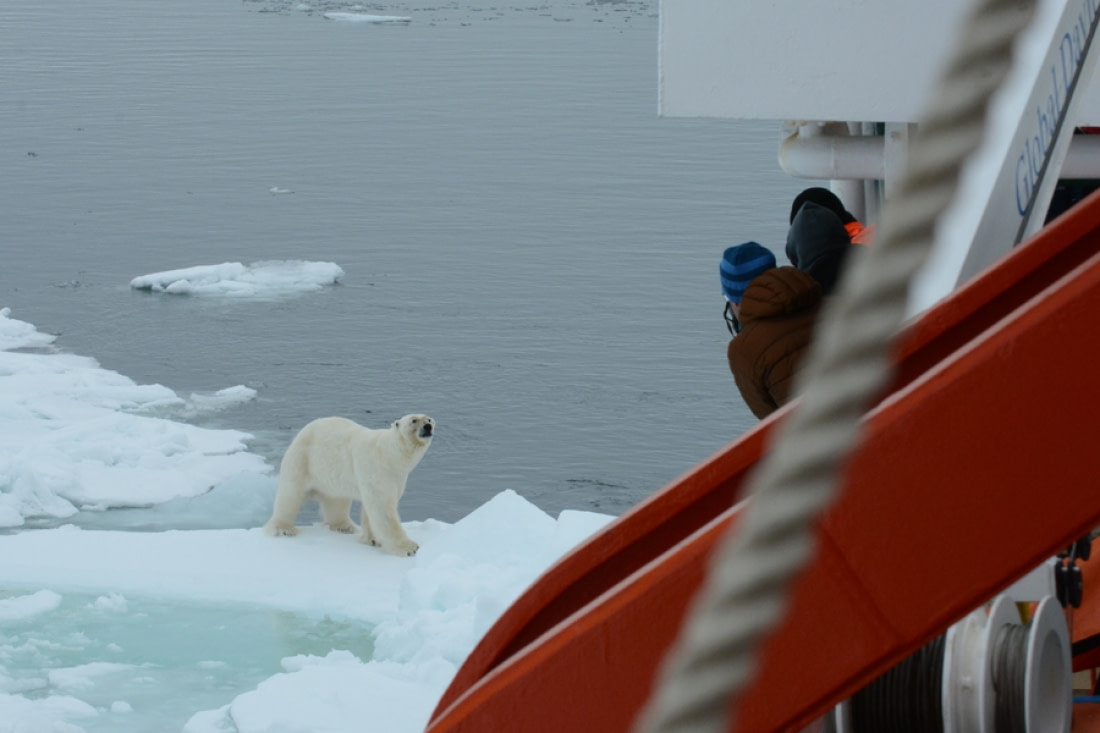
First of all, you’re not really alone on a polar cruise
Anywhere from 35 to 40 percent of passengers visit the polar regions solo. So what do these savvy travelers know that others might not?
For starters, you're not truly alone when you travel solo to the Arctic and Antarctica, at least not on a standard polar cruise. Most vessels carry about 100 passengers, not including the crew and expedition guides.
Additionally, Zodiac cruises typically include around eight people per boat, and shore landings are made in larger groups.
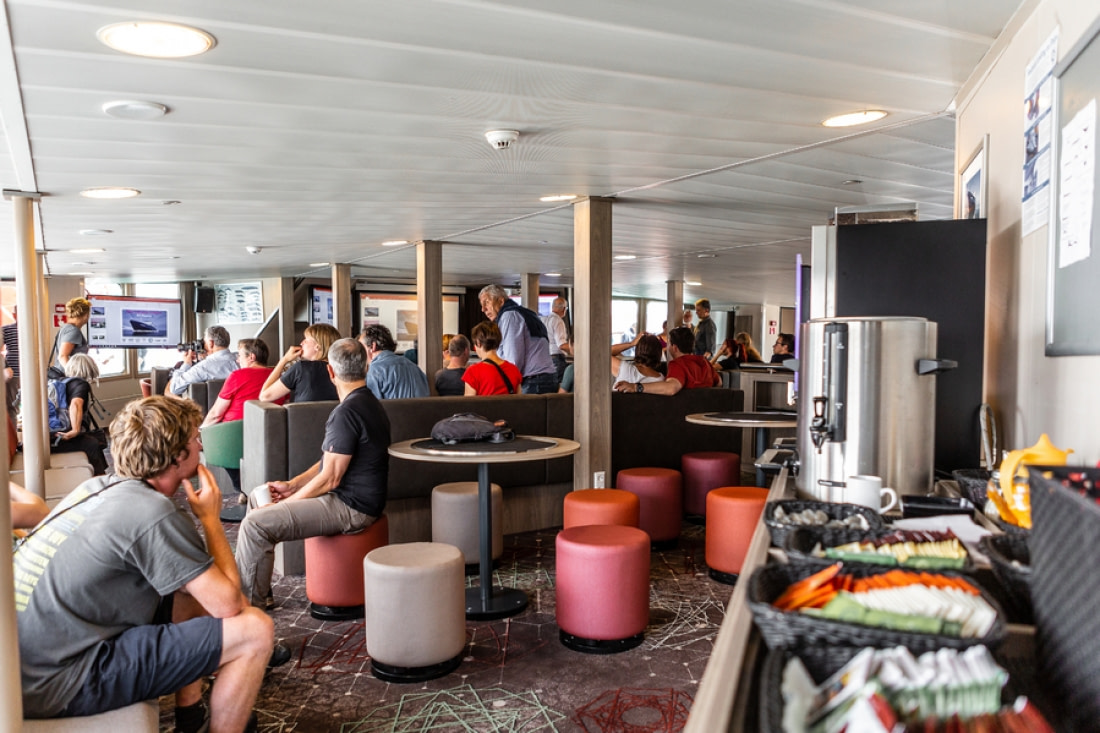
The Arctic and Antarctica are great places for silent reflection
Peace can be found in a Tibetan monastery, the forests of the American west, or on the Mediterranean's rolling blue waves. But in the polar regions, silence finds you whether you seek it or not. The natural stillness of these remote areas lends itself to quiet reflection on nature and our place within it.
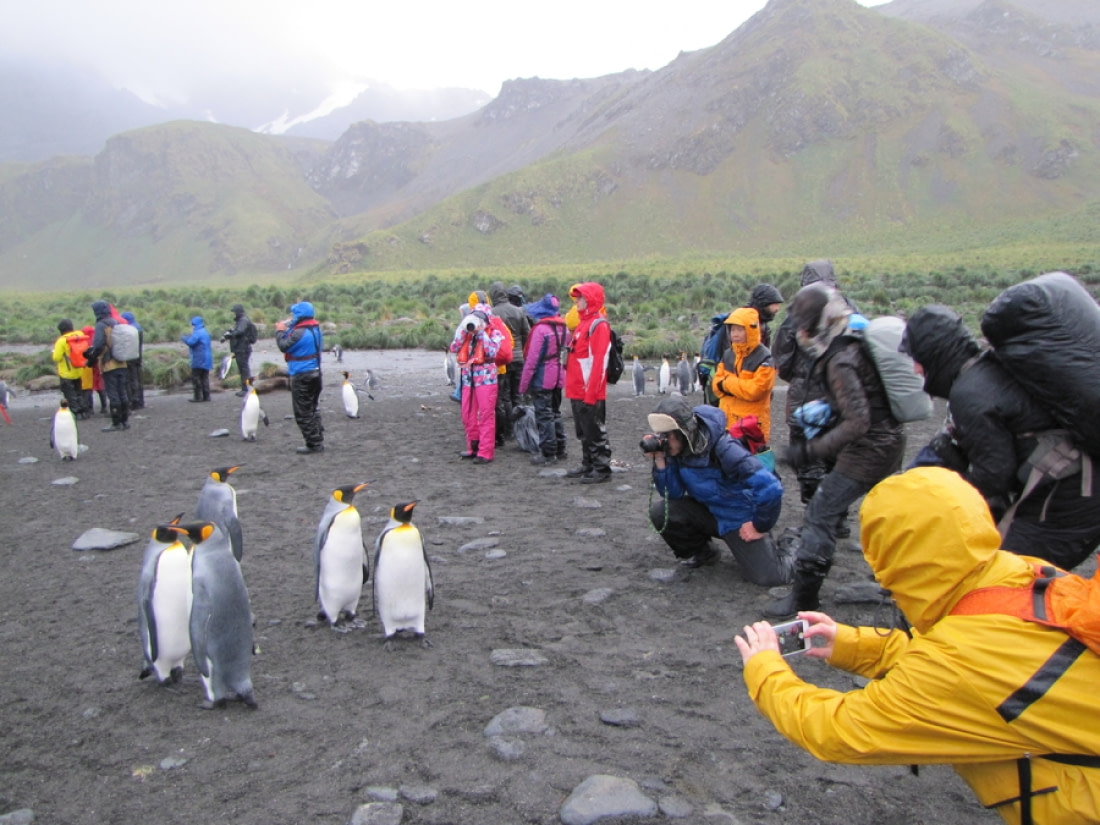
Not having to maintain conversation with travel companions allows you to fully immerse yourself in the experience. Traveling solo also means you don't have to worry about whether your companions are enjoying their trip as much as you are. You won't have to divide your attention as much when traveling alone.
This may sound anti-social, but sometimes alone time is beneficial if it leads to a superior experience in a place most people are never fortunate enough to visit.
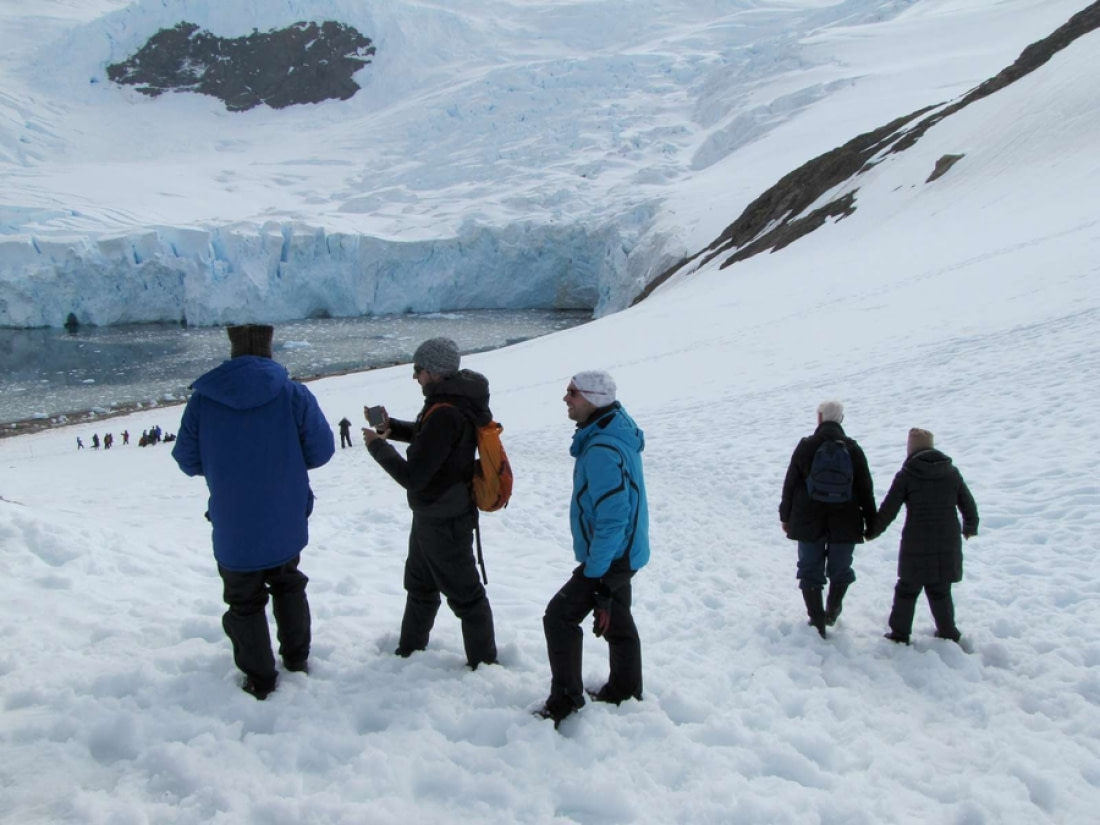
Polar cruises provide a fine venue in which to make new friends
You might think, “If I’m taking a polar cruise to enjoy some much-needed alone time, why would I want to make friends on board?” The answer is, you don’t have to if you don’t want to. After all, it’s your vacation.
But there are some upsides to making acquaintances on polar cruises. For one, the friendship has a definite beginning and end that generally coincides with the length of the cruise. Some people keep in touch with those they meet on cruises, because the trips do create a high sense of camaraderie, but this is not required.
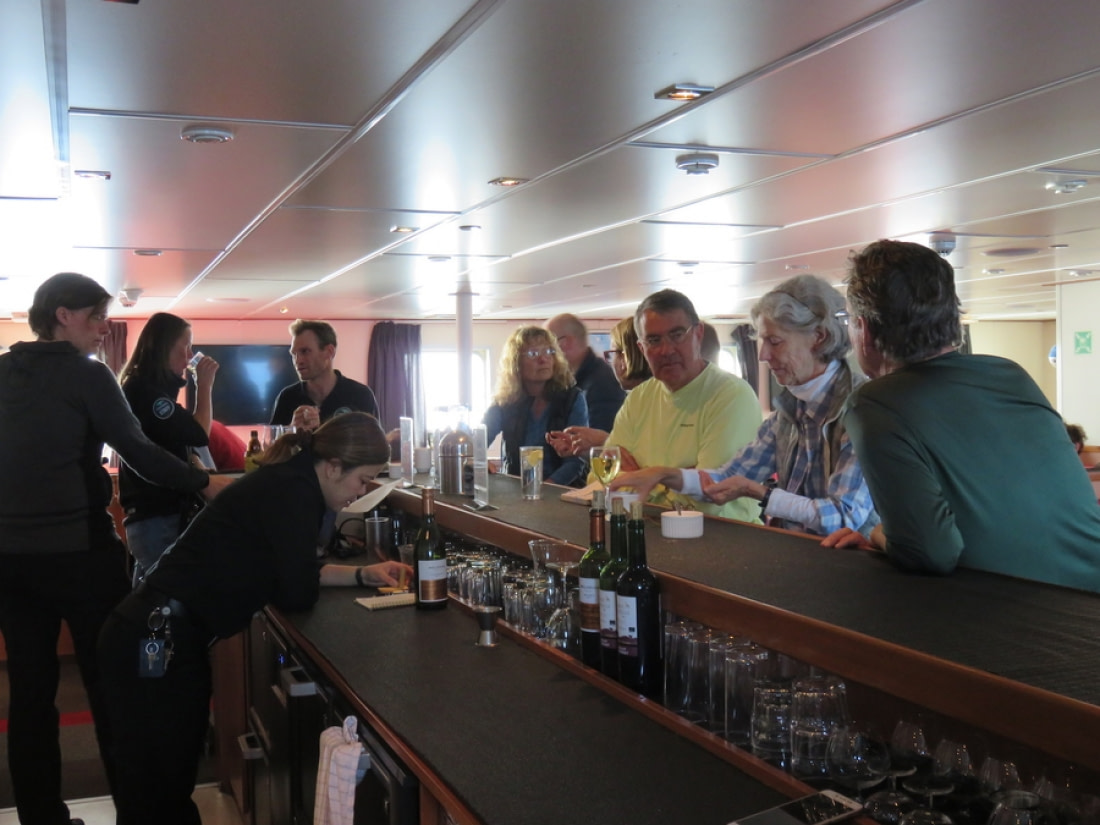
Also, the people you meet on a polar cruise provide a fascinating survey of the world. Passengers come from all over the planet, so there’s really no telling with whom you could share a room (unless you reserve your own cabin, of course): It could be a teacher from Germany, a journalist from Argentina, or a wine producer from China – if you’re lucky.
Lastly, the kind of people you encounter on Arctic and Antarctic trips are typically independent, adventure-minded individuals. With people like that around you, you’ll have plenty to talk about.
And even if you’re not much of a conversationalist, this type of person will probably understand. They’ll know it’s easy to talk away the magic of a place like the polar regions. And anyway, like Shakespeare said, “Silence is the perfectest herald of joy.”
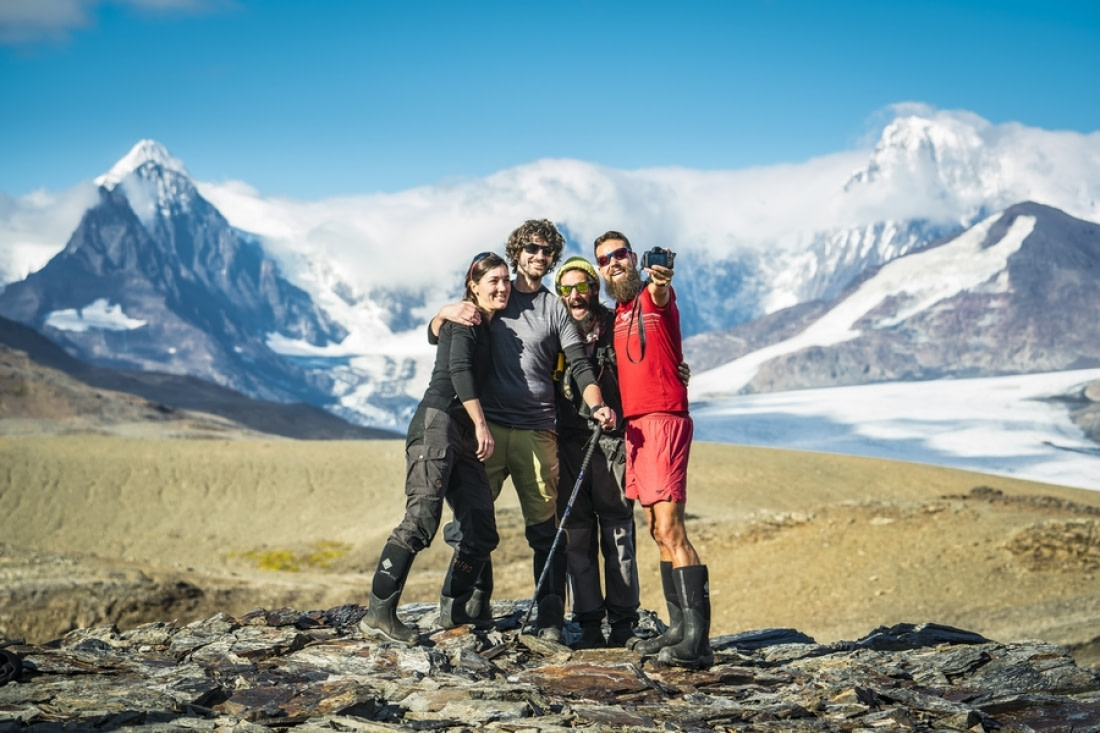
When you travel as a single passenger, you choose your own adventure
Expedition cruises to the Arctic and Antarctica always run by a fairly tight schedule of intended landings, typically altered only in the event of unusual or potentially dangerous weather, ice conditions, or wildlife sightings.
But while this means you can’t control all aspects of what you do and when, traveling alone will allow you to decide entirely for yourself which activities you want to partake in.
For example, polar voyages have twice-daily shore landings often divided into walking groups ranging from leisurely to moderate to more ambitious. You might be obliged to go where your companions go when you travel in a group, but not so when you travel alone. Also, some cruises offer supplemental activities like kayaking, mountaineering, or camping, just to name a few.
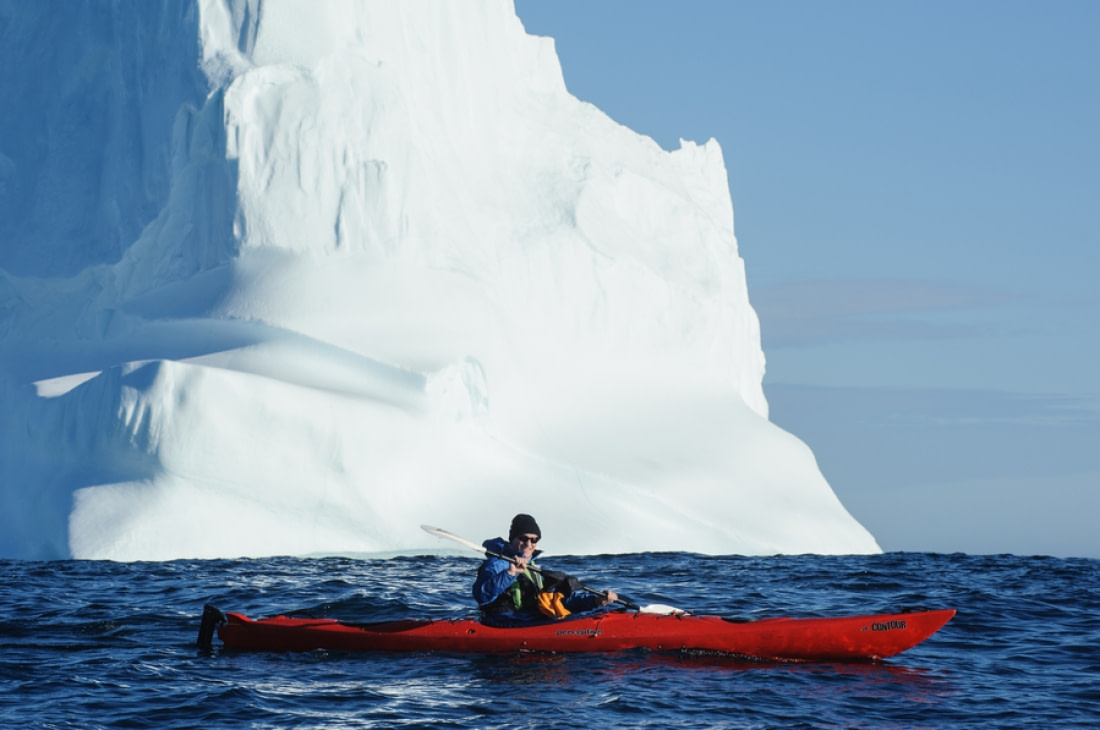
A single traveler can book these activities based solely on their own interests and abilities, while group travelers tend to stick together. Obviously, this is not true for all groups. Some companions are either all interested in the same things or are happy to divide and regroup as desired.
The point is, there’s a lot of freedom that goes with single-passenger travel that does not exist (or is harder to negotiate) when you travel with other people. Given the kind of experience most travelers seek in the polar regions, it can therefore be advantageous to consider flying (cruising) solo.
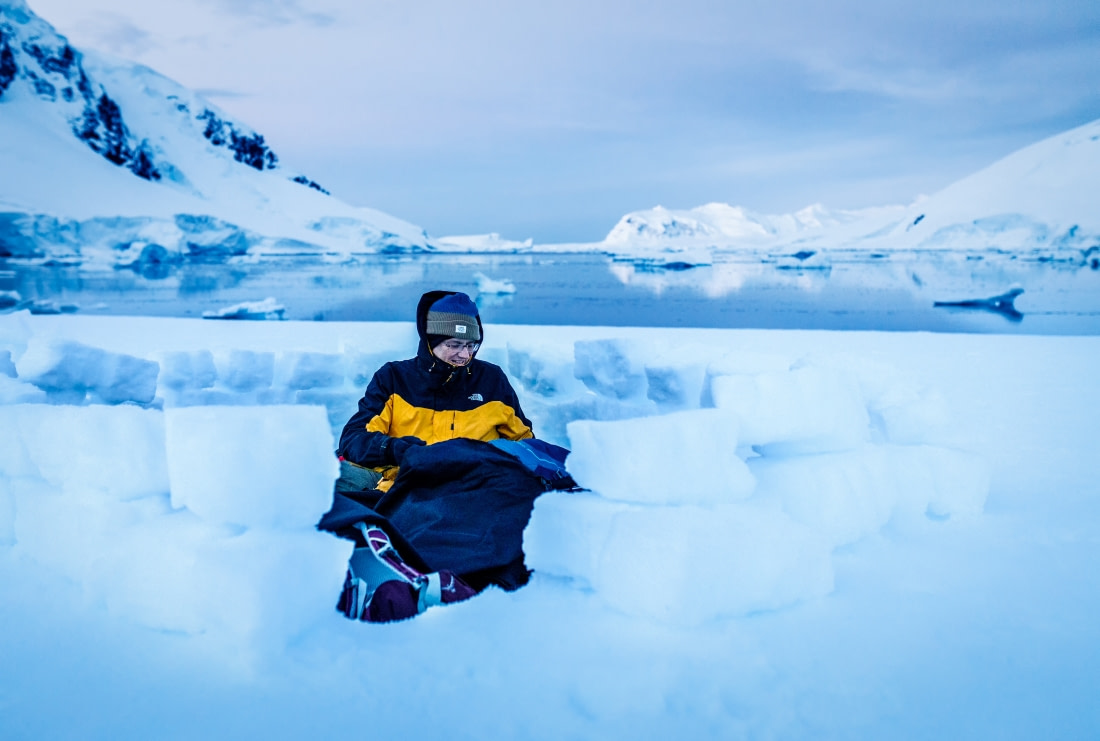
Arctic and Antarctic single-passenger travel FAQ
If you’re considering an Arctic or Antarctic cruise but are still undecided, read the answers to these frequently-asked-questions. It may make your decision a little easier.
- Is it possible to have a cabin all to myself?
Yes, it is possible for all but quad and triple cabins. The rate to have a cabin to yourself is 1.7x the price of a single berth.
- Who will I share a cabin with?
If you don’t book a cabin to yourself, you’ll share it with whoever happened to book the other berth. We always pair cabin mates with the same gender, however, keeping males and females together.
- Can I choose who I share a cabin with?
Not unless you have specifically booked together.
- When assigning cabin mates, do you keep in mind age and nationality?
No, we only consider gender when assigning cabin mates.
- If I book a berth in a shared cabin and there is no roommate, do I have to pay the single supplement fee?
No, you only pay for the berth you use.
- Is it likely that I’ll have a cabin to myself?
Sometimes, but it’s not particularly likely. If we’re not able to give you a cabin to yourself, we’ll ask if you mind sharing a cabin.
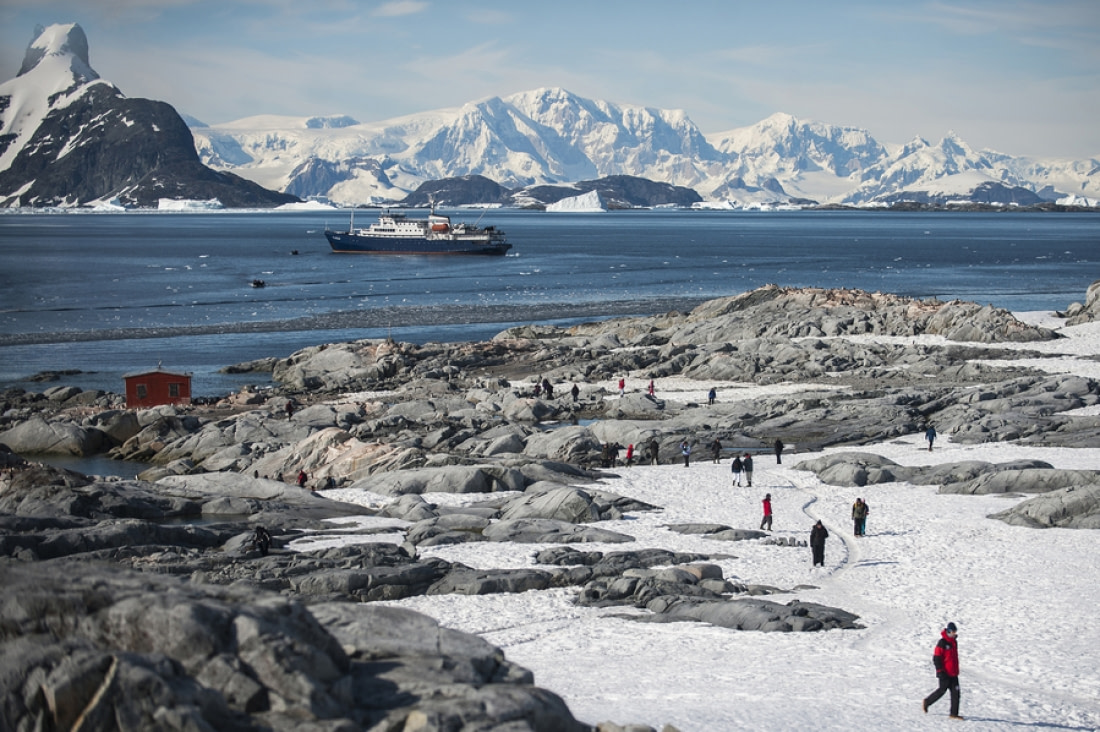
Blog


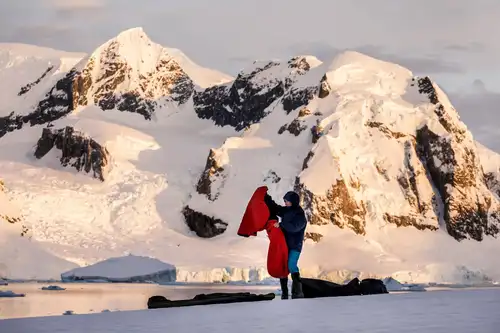
Camping in Antarctica: a True Expedition Experience
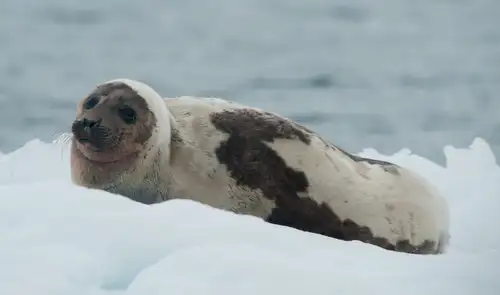
Harp seals harping on in Greenland

Wreck Diving in Antarctica
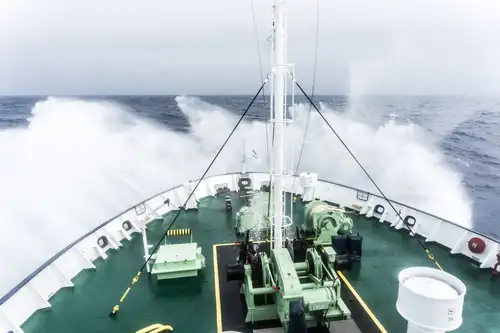
What to Expect When Crossing the Drake Passage
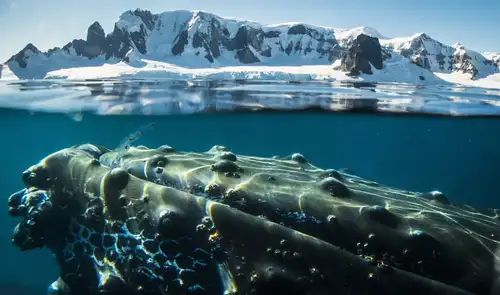
Baleen Whales – The Gentle Giants of the Ocean
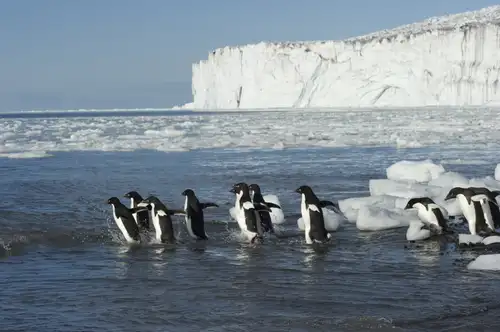
The bio-richness of the Ross Sea

The Ice-Jewelled Geology of Spitsbergen
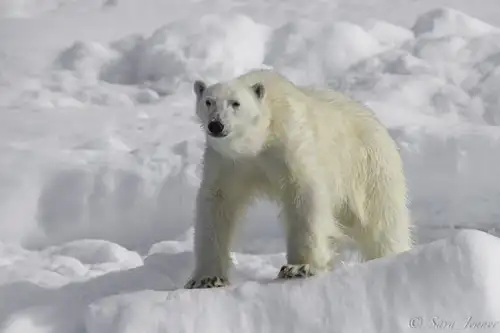
International Polar Bear Day
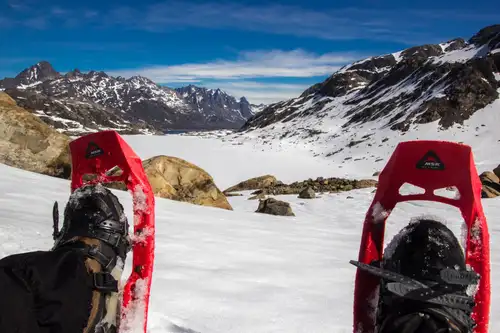
Five Reasons Why Snowshoeing is a Perfect Polar Activity
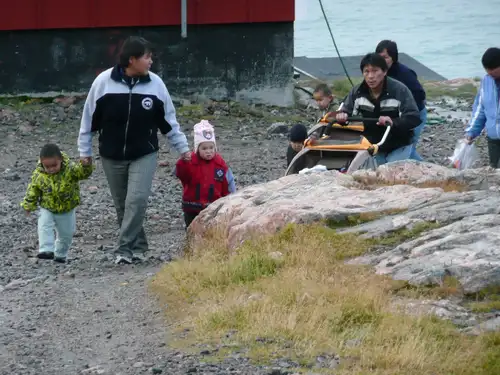
Greenlandic Inuit Beliefs

What to pack for your Atlantic Odyssey voyage?

8 Whales You Might See During Your Antarctica Cruise
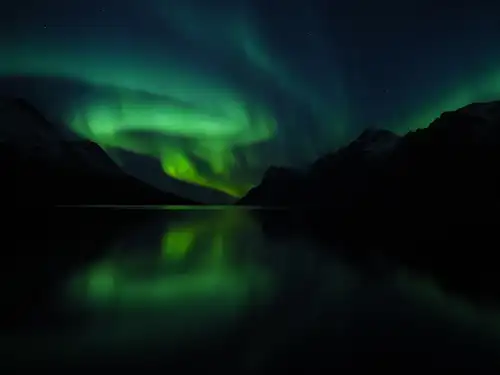
10 Illuminating Facts about the Northern Lights
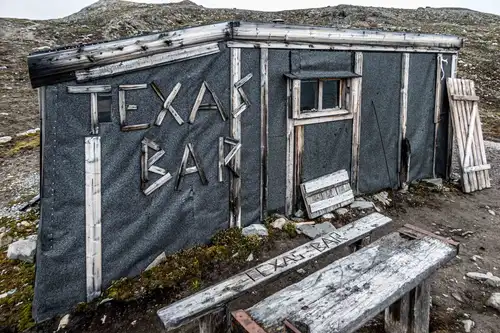
Svalbard’s Texas Bar

Arctic Mythology: Inuit, Saami, and the Ancient Greeks
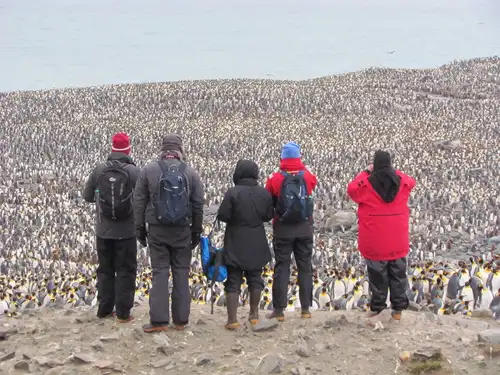
Scenes from St. Andrews Bay: 12 Pics of Penguins, Seals, and More
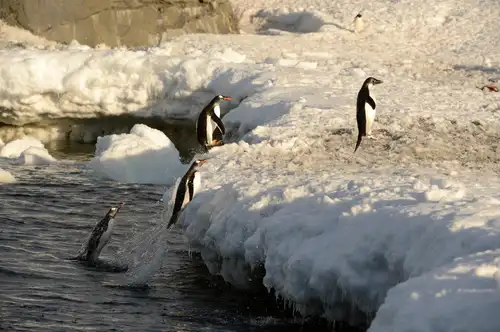
10 Terrific Antarctic Bird Facts

Seven Frightfully Fun Polar Ghost Stories
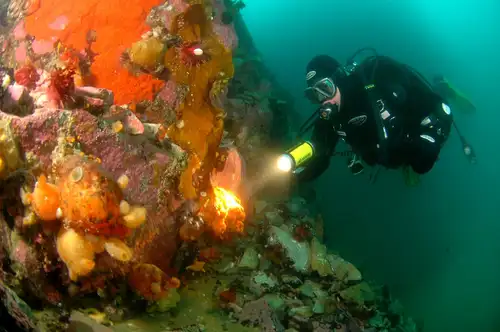
Diving in Antarctica: The Ultimate Underwater Experience
